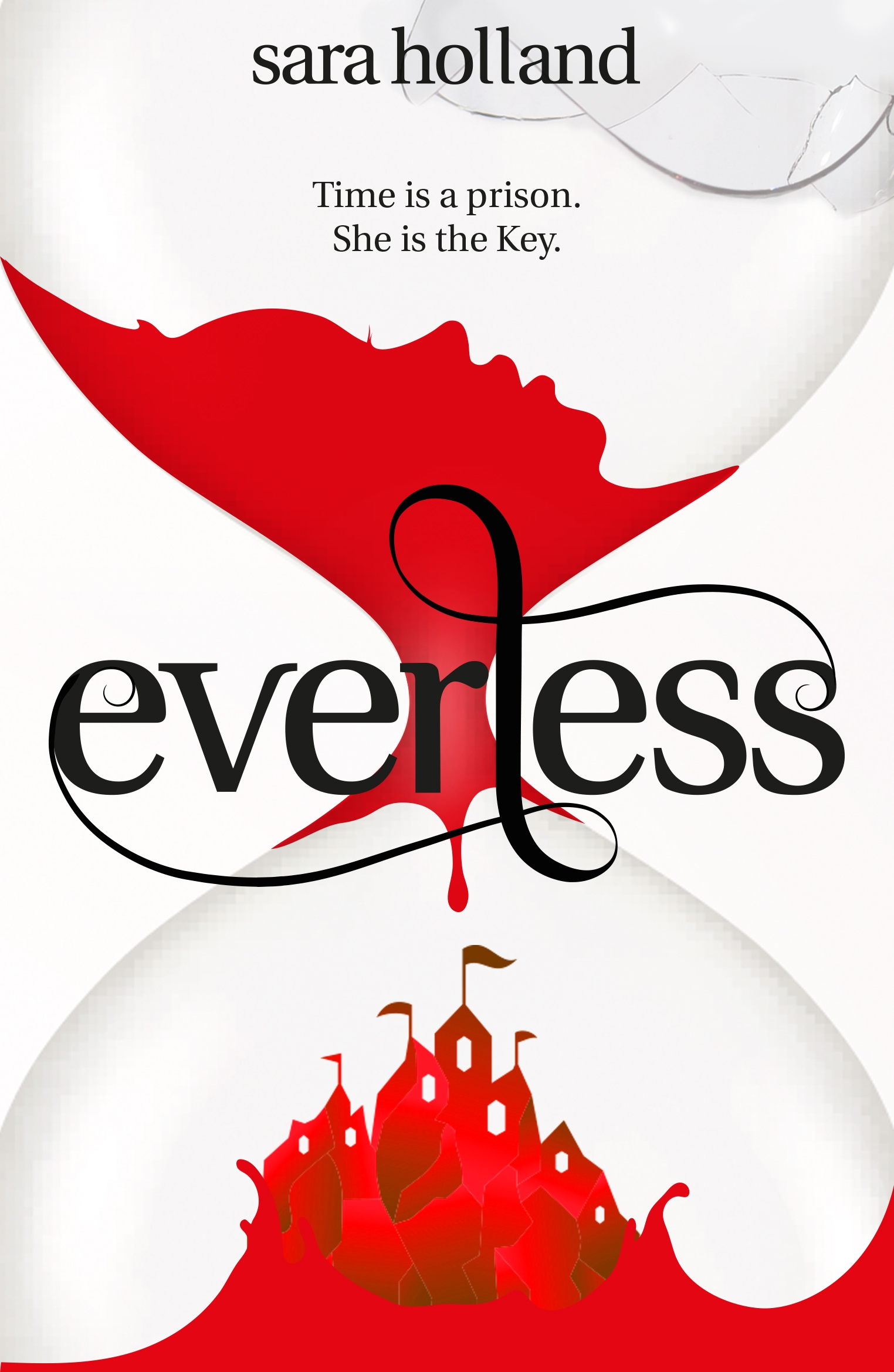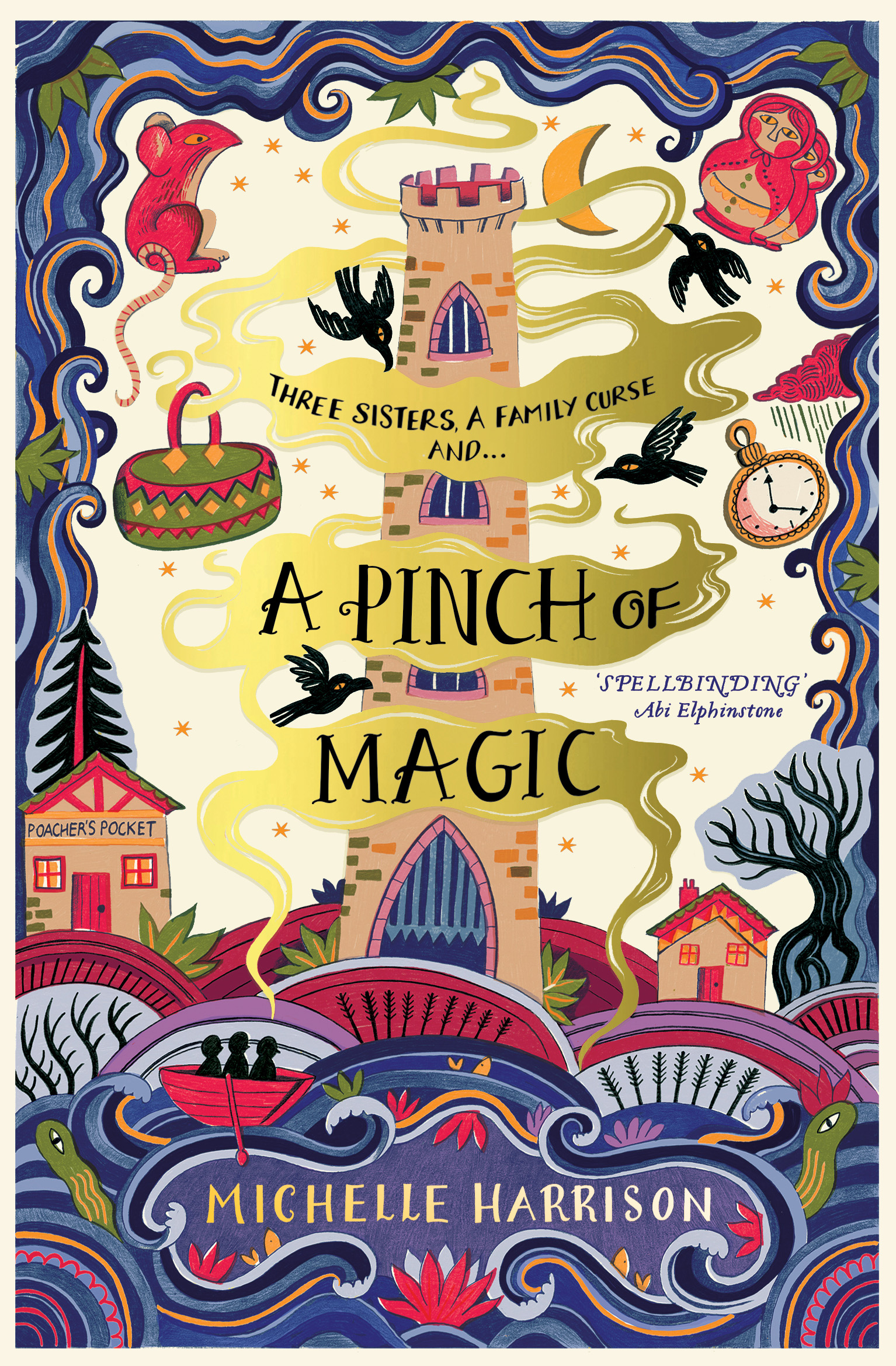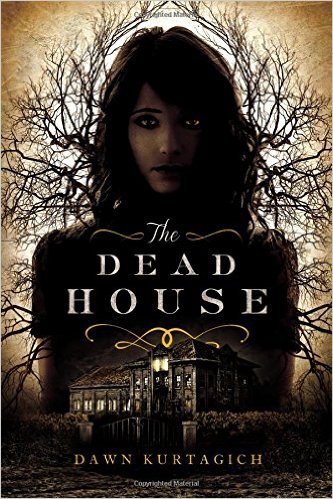We are starting a new series here on MuggleNet – Author Takeovers! In these posts, we will get current authors writing children’s, YA, and adult literature talking about their experiences with Harry Potter and how it has shaped their view of writing, fandom, and the world of literature as a whole.
Our first Takeover is by Robin Stevens, author of Murder Most Unladylike, out now in the UK and coming to the US in spring 2015. You can find out more about Robin at her website Robin-Stevens.co.uk or find her on twitter at @redbreastedbird.
Harry Potter the Detective
I’m a crime fiction geek. At university, I took a course called ‘Crime Fiction and Empire’, my MA dissertation was on the influence of real Victorian crimes on 1930s Golden Age detective fiction and I am now the author of my very own series of children’s detective novels, the Wells & Wong Mysteries. But long before I became a qualified expert in murder, I’ve believed that the Harry Potter books are part of my favourite genre. I still remember the moment when it first occurred to me. I was ten years old, and I’d just finished reading Harry Potter and the Philosopher’s Stone for the second time. Why, I wondered, did I like it so much? Yes, it was a book about magic and school and dragons and food, and I loved all of those things – but there was something else going on. And then it hit me. Harry Potter and the Philosopher’s Stone was a detective story.
The more I’ve learned about the conventions of the detective novel over the years, the more I’ve realised that Harry Potter really does fit the format perfectly. I’m not denying that the Harry Potter books are glorious magical fantasies, but that doesn’t stop them from also being brilliant detective novels. When I came to write Murder Most Unladylike (set in a boarding school, and featuring young detectives Daisy Wells & Hazel Wong) I was influenced just as much by Harry Potter as I was by Malory Towers.
So what makes me so convinced that Harry Potter is a detective series, following the closed-system puzzle format made so popular by Agatha Christie and Dorothy Sayers? My case is as follows …
The detective novel’s star has a strong personality and a set of distinctive quirks. This detective almost always has a side-kick, and that side-kick is often slightly less quick off of the mark. Harry Potter, the Boy who Lived, with his ability to speak Parseltongue and his lightning scar, is both distinctive and quirky. Although I’d argue that Hermione is absolutely a detective in her own right, giving the Harry Potter books two main detectives rather than one, Ron is pretty much the image of the loveable Hastings-style sidekick – bumbling and slightly accident-prone, but with a real nose for the truth. Just like Hastings or Watson, he makes jokes that inadvertently manage to hit the nail on the head – he’s an invaluable resource and a huge part of the reason why Harry and Hermione always crack the case.
Detective novels always take place in a setting that’s in some way enclosed. Usually the murder occurs in a place that’s literally cut off from the rest of the world, such as a ship, a train, a college, a country house or a school. The suspects are therefore part of a single community, with similar worldviews, and so they often gang up together to frustrate the detective or conceal information. The wizarding world couldn’t be a more perfect example of a closed community. It’s literally hidden from the Muggle world, and it has its own very distinct set of rules and expectations. Although Harry is a wizard, the fact that he grew up with Muggles means that he often doesn’t quite understand those expectations – he’s essentially an outsider trying to break into a group of insiders, just as out of place as Belgian Poirot among the English, or middle-class Inspector Cuff in a house full of The Moonstone’s wealthy suspects.
There must always be a crime, although it’s not always murder. This is the detective novel convention that J K Rowling plays with the most – in the Harry Potter series, we can make a good guess at the ultimate culprit before we even pick up the novel, and Harry, Ron and Hermione often spend most of the book discovering what crime has occurred rather than who is to blame. We can feel that there’s a Voldemort-related problem, and so can they, although they’re often wrong about exactly what the problem is, or who to trust. But Harry Potter and the Goblet of Fire is the perfect example of the hidden murder that gradually comes to light (a classic detective novel trope) and I’d also argue that Harry Potter and the Philosopher’s Stone is really the story of the murder of Professor Quirrell. Essentially a life has been taken, and it’s up to Harry, Ron and Hermione to discover why, and who is responsible.
There are a set number of suspects, all with their own bizarre foibles. They must all have clear (if bizarre) motives, and even when they are technically innocent of the main crime, they are usually guilty of something that leads them to lie and hide important details from the detective. J K Rowling’s genius is in creating character, and every single one of the inhabitants of the wizarding world leap off the page vividly, each with their own brilliantly weird quirks. Hagrid, Flitwick, Fudge, Lupin – they’re all astonishingly strange and complex, just as batty as any of the inhabitants of St Mary Mead.
There must be several red herrings – suspects who appear to be guilty, and who behave in a guilty way to confuse the detective and mislead the readers. Sirius Black is the most obvious example – Rowling does an absolutely fantastic job of making us as readers distrust everything about him. Likewise, we’re suspicious of Viktor Krum in Goblet of Fire and Slughorn and even Dumbledore in Half-Blood Prince. She leads us up the garden path before flipping the situation on its head and showing us the truth in denouements absolutely worthy of the queens of Golden Age detective fiction.
The author must play fair. All of the clues that the detective uses to get to the truth must be shown to the reader as well – but the author is allowed to use every literary magic trick at their disposal to hide the real importance of the clues. J K Rowling is brilliant at this – and I love that she uses actual magic to do it. The reader is always shown every part of the puzzle. We know from The Chamber of Secrets, for example, that Polyjuice Potion can be used to alter a person’s appearance, but what we don’t expect is that this information will turn out to be crucial in the plot of The Goblet of Fire. We let our guard down, and Rowling tricks us completely.
The murderer must, of course, be guilty – and they must be the only truly guilty person. Once they have been arrested and removed from the closed setting, only the good remain, and the world can go back to its usual happy state. Yes, Voldemort is the overarching danger in the Harry Potter series, but still, at the end of every book apart from The Half-Blood Prince, Hogwarts seems to be essentially healed. Everything in the garden is good again, and everyone apart from Harry (dreading another summer with the dire Dursleys) is able to look forward to a happier time. Of course, Voldemort always comes back for more, but when you close every book you’re left with a positive feeling. Things will be OK, because Harry, Ron and Hermione’s investigations have saved the day.
As I’ve said before, Harry Potter isn’t only a series about solving mysteries – detection is just one aspect of what J K Rowling is doing. But her most recent adult books show beyond all doubt that she’s a novelist who’s fascinated with crime. I know that I write the books I do partly because of her – I’m hugely grateful that I had the Harry Potter books to puzzle over as a child, and any list of my favourite mystery writers has to contain Rowling. I wasn’t at all surprised when she was revealed to be the author of a detective series – I was just shocked that most people seemed to think that it was her first.
Robin Stevens
@redbreastedbird




